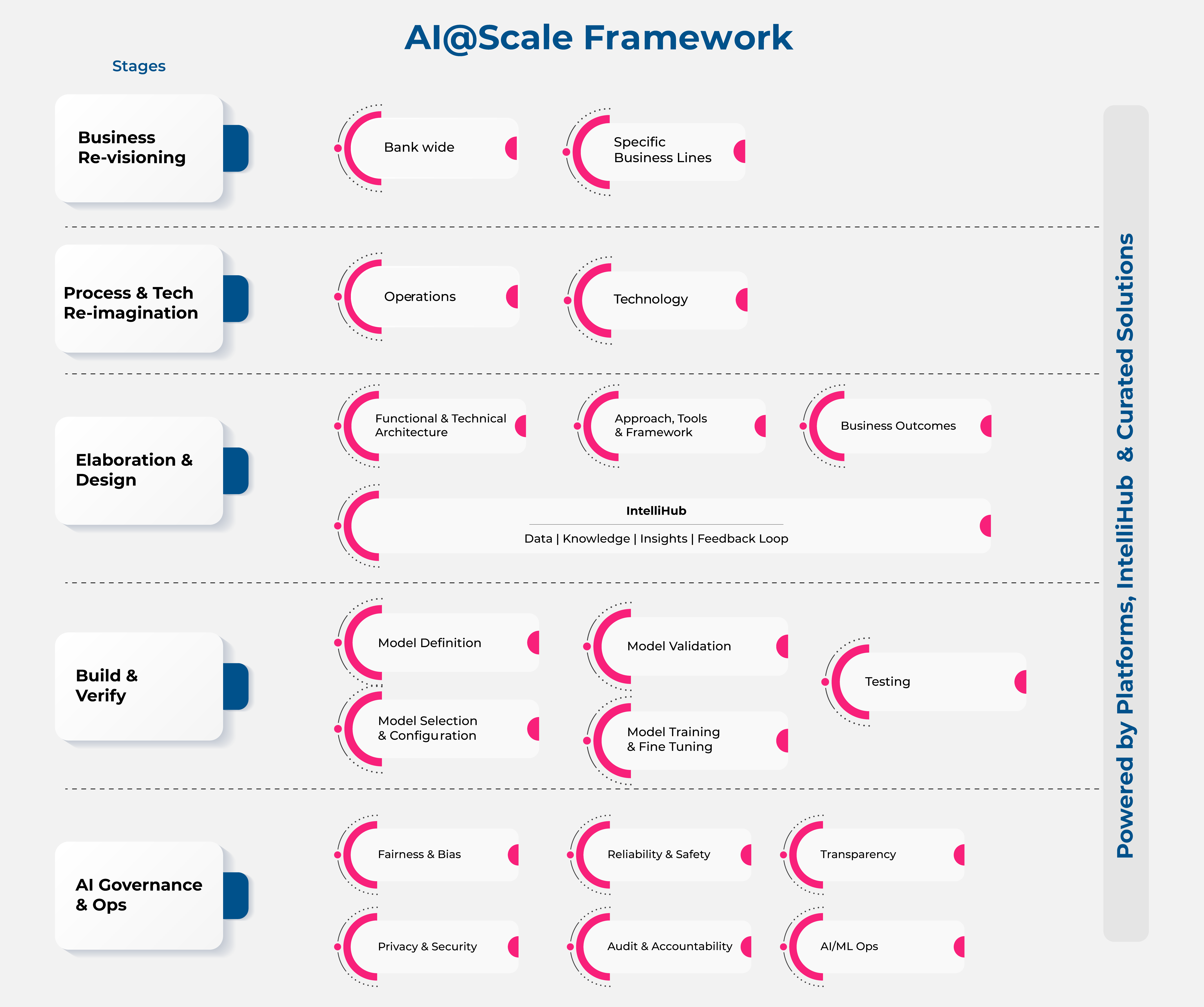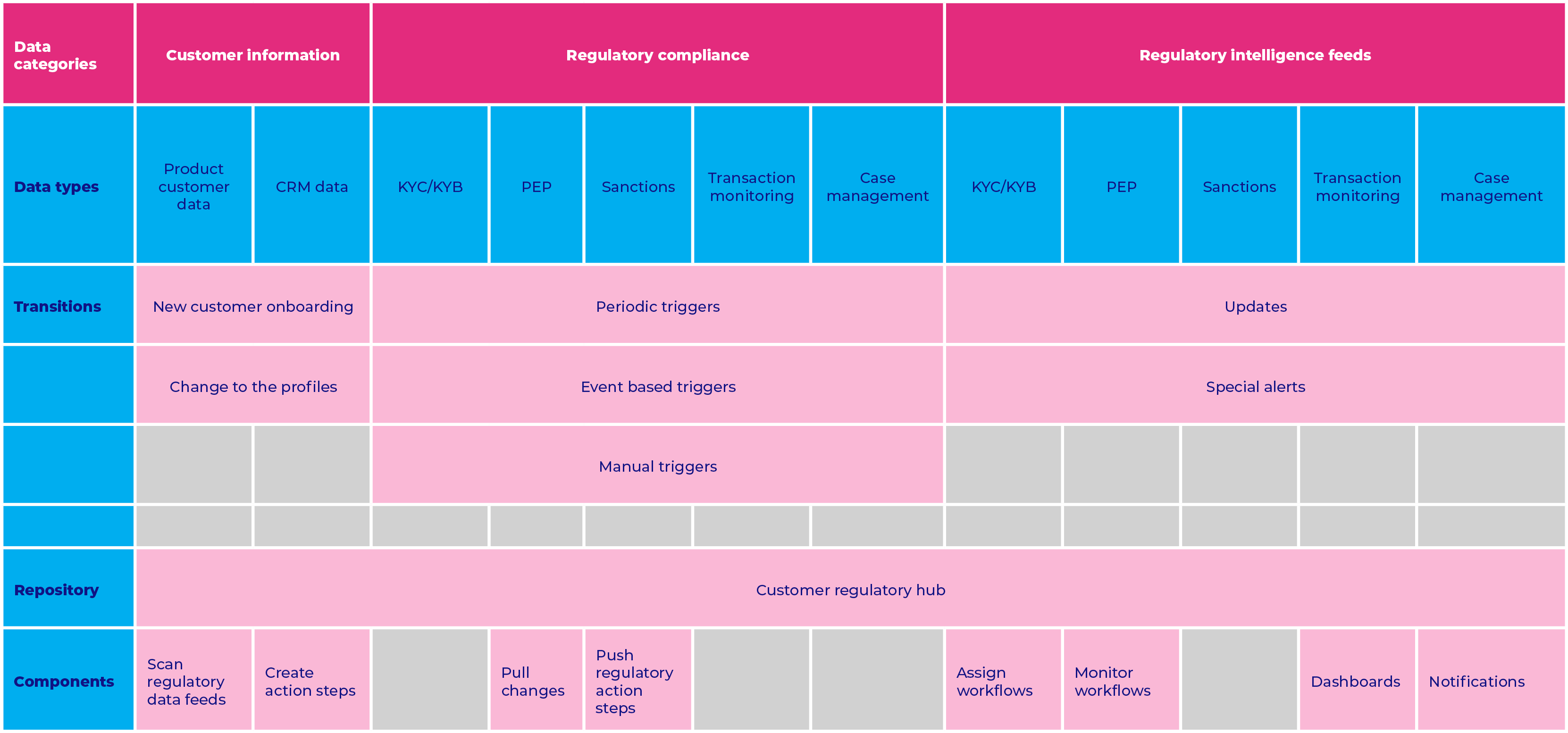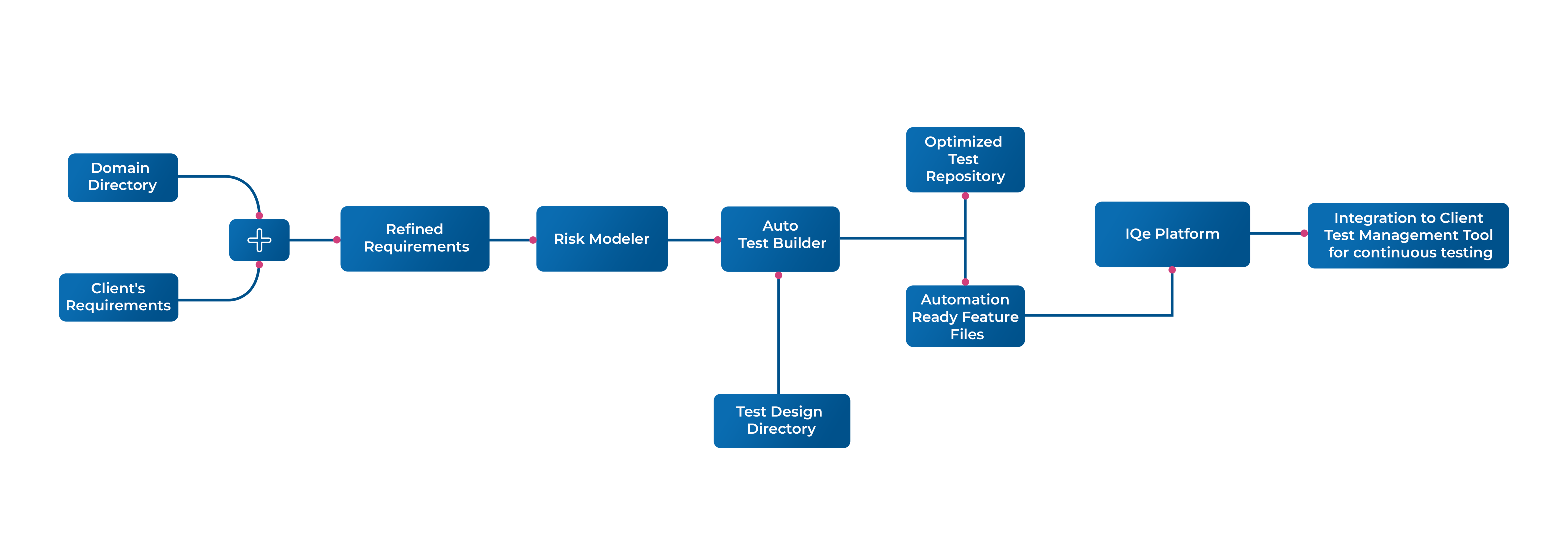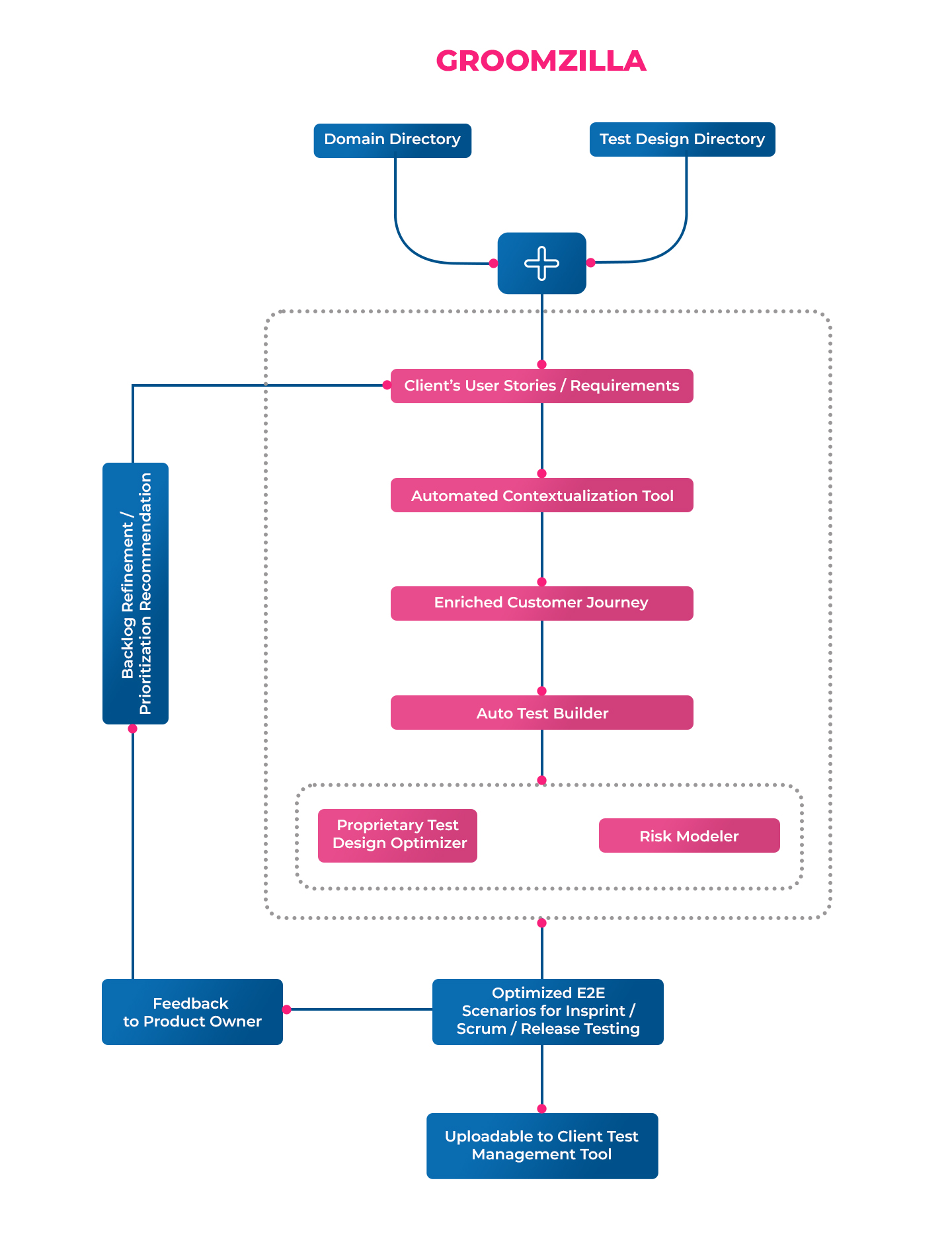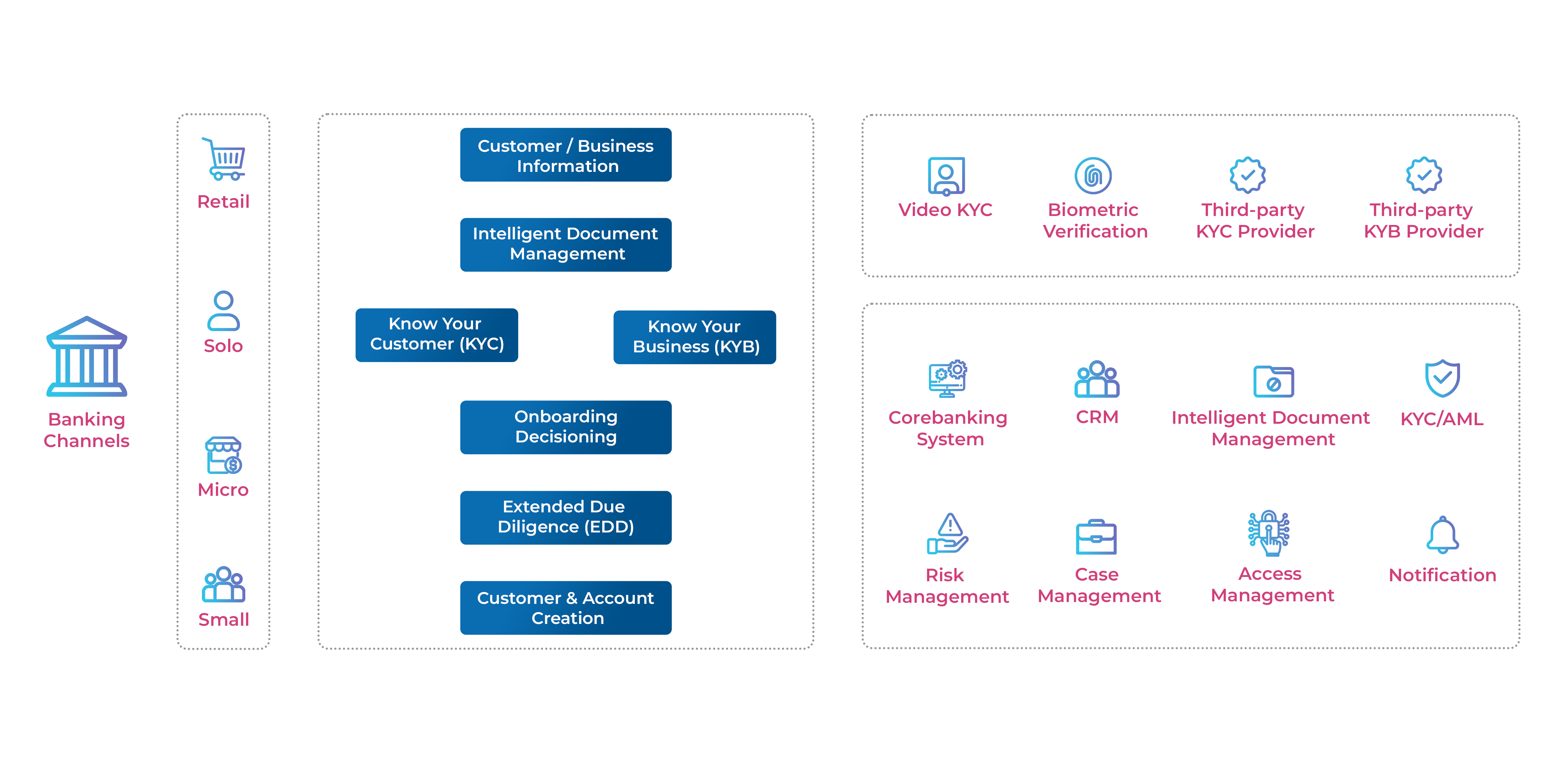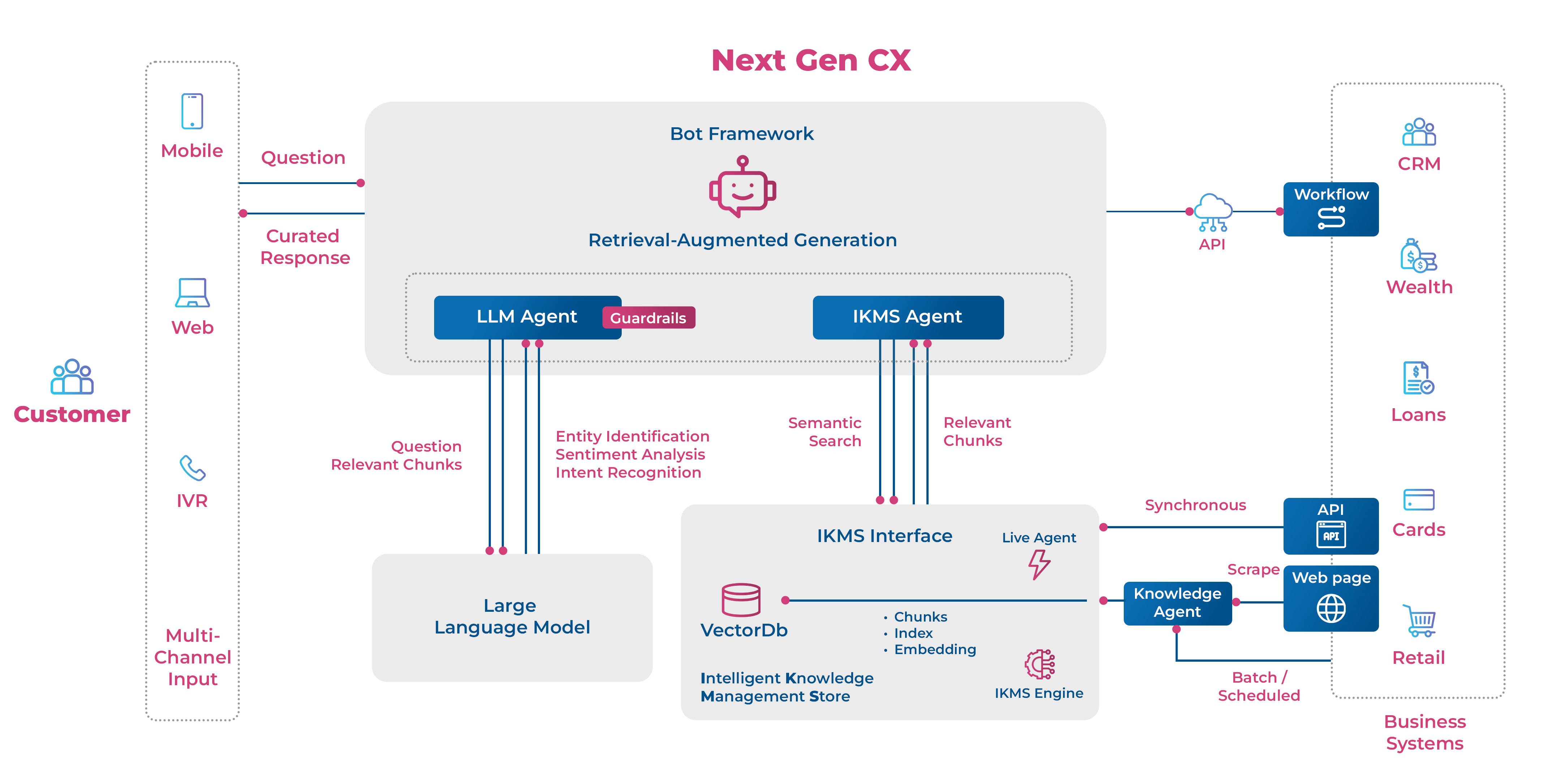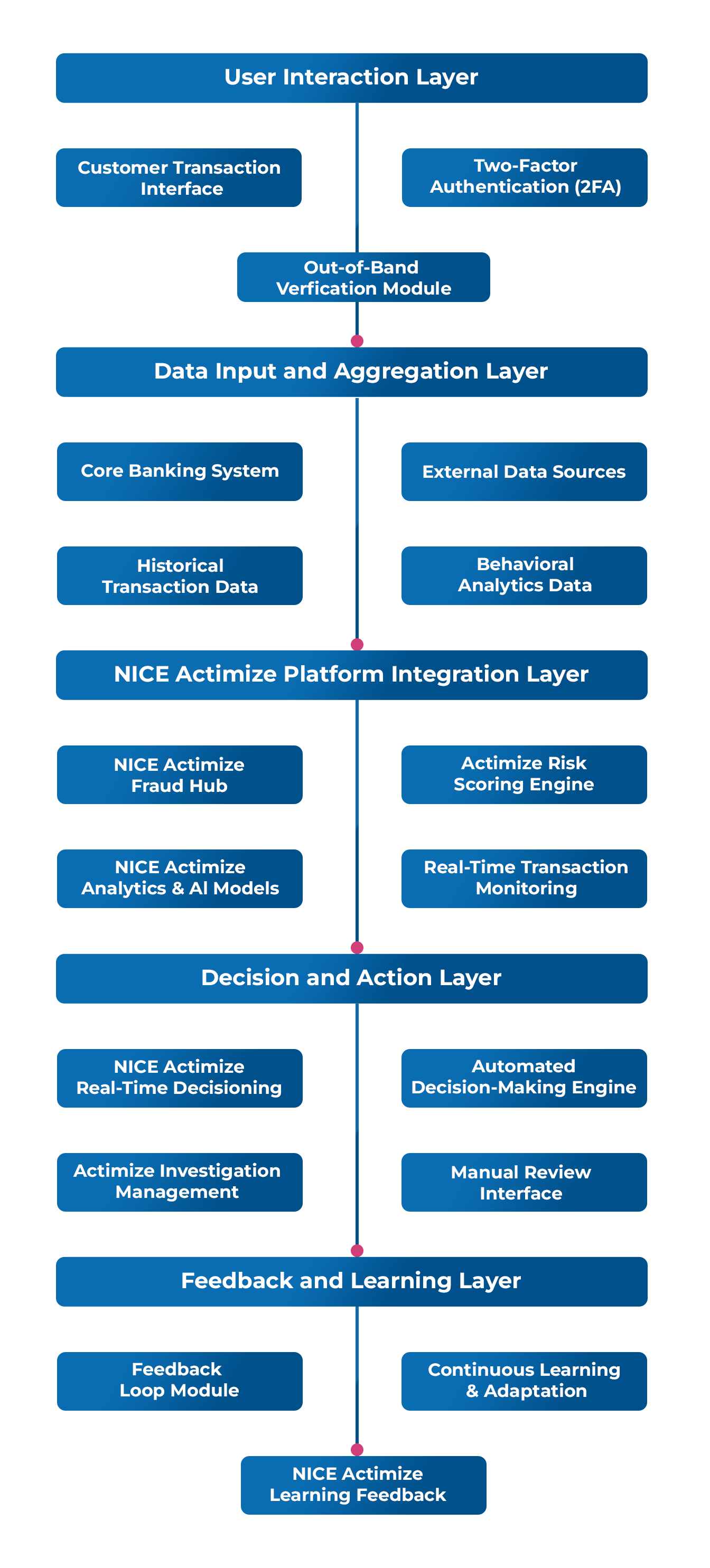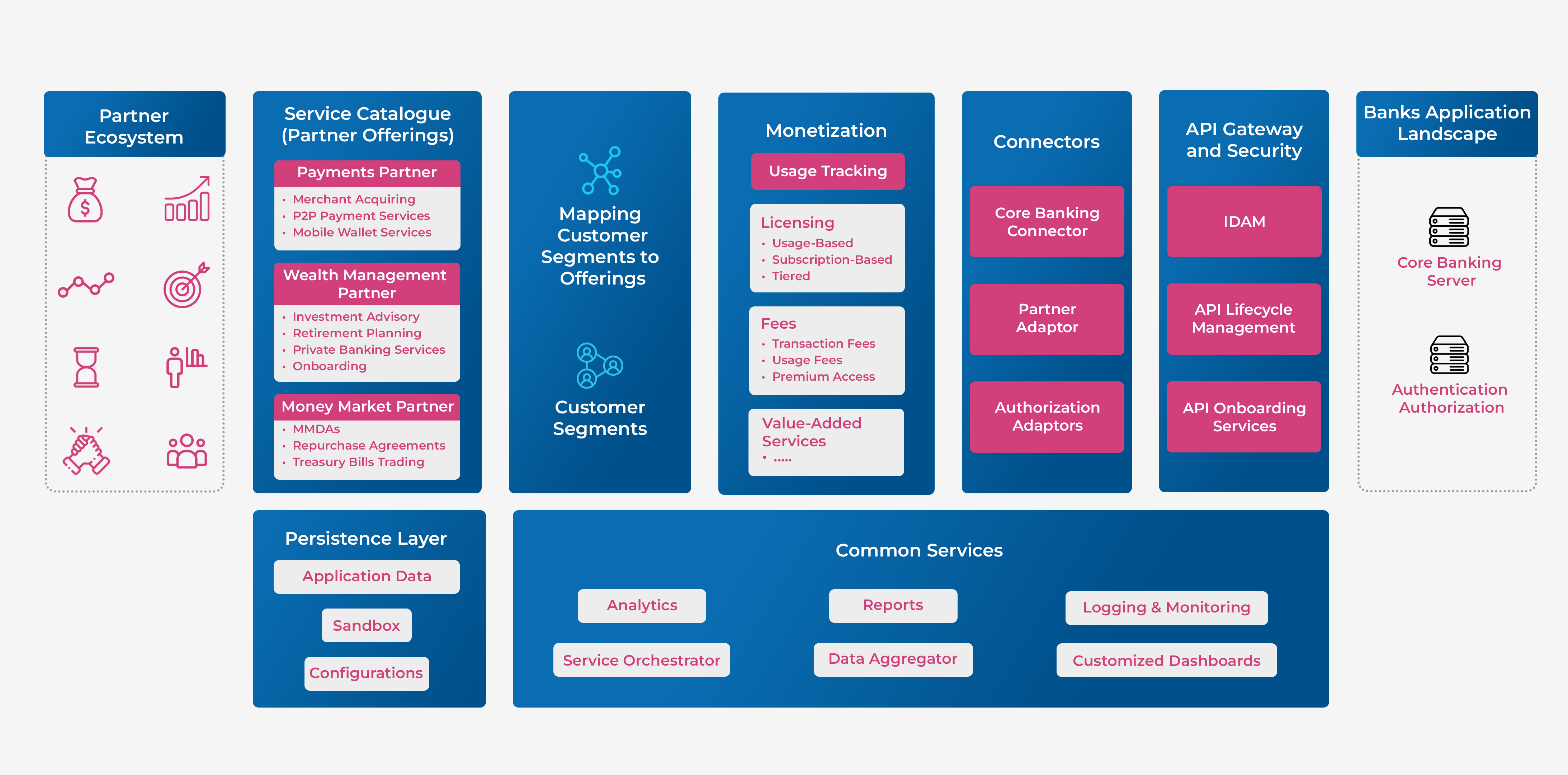From $313 billion in 2020, it is predicted that global spending on cloud services would increase to $482 billion in 2023. Additionally, the market’s value will surpass $1,250 billion by 2028.
As more businesses use the cloud to boost time-to-market, cut costs, and increase organizational agility and resilience, it stands to reason that they would be interested in learning more about compliance reporting and cloud compliance. Cloud Compliance is a vast area that is continuously getting updated and banking and FIs are well served consulting with domain specialists like Maveric Systems.
Does Cloud Compliance Matter?
Many industry rules and regional/national laws have recently been developed to protect customer privacy and data security. Simply put, businesses must safeguard the privacy and data of their clients or risk legal repercussions. Depending on the sector, organizations might need to abide by rules and laws like HIPAA, PCI DSS, SOX, or GDPR. The workflows, procedures, and systems must all follow the rules established by these regulatory frameworks. Appropriate departments must make sure that any data stored in the cloud infrastructure complies with all applicable data protection and privacy laws. Non-compliance can result in very expensive consequences. More than reputation losses, there are negative consequences for revenues and profitability, not to mention fines and lawsuits.

Cloud compliance components
The criteria for cloud compliance will change depending on your industry and the rules that govern your firm. Below, are the common elements that influence general cloud compliance.
- Specific guidelines are provided for the proper handling of data in the cloud by some sectors. These adhere to compliance criteria for cloud security. For instance, ISO 27017 contains cloud-specific security rules. That entails putting in place particular security measures related to how your cloud environment is set up. A business associate agreement between a covered entity and its cloud service provider (CSP), under which the CSP is responsible for adhering to HIPAA Rules, is also required under HIPAA.
- Statutes and rules. State, federal, and international laws and regulations all influence the needs for cloud compliance. For cloud compliance, data privacy, data protection and localization, and cyber security, it’s critical to be aware of local laws and regulations. HIPAA, PCI DSS, and SOX are a few typical laws.
- Cloud governance controls offer explicit security regulations on how to use (and how not to use) the cloud and assist in managing a company’s data within the cloud. Businesses should have policies in place for managing, sharing, and tracking data in the cloud and increasing cloud usage. These ought to address cloud strategy ownership and accountability as well.
- A formal agreement between two or more parties is defined by a contract. When a business signs a contract, it is responsible for upholding the conditions. If you don’t, you risk receiving harsh financial penalties. An organisation that handles or keeps credit card data most likely has a contract with credit card providers that calls for it to meet particular PCI DSS requirements (PCI-DSS).
Best Practices for meeting regulatory cloud compliance.
- Understand your compliance requirements
- Recognize legal duties
- Control access to information.
- Conduct regular audits
- Understanding how data is stored
- Encrypt everything, always.
Conclusion
The majority of businesses are utilizing the cloud because there are sound commercial justifications for doing so. The use of the cloud is not prohibited by the legislation. But it does have a substantial influence. When shifting to the cloud, it’s crucial to understand which nations will process your data, what regulations will be in place, what effect they will have, and how to comply with them using a risk-based strategy. Due to the wide variety of rules, including those governing data protection, data localization, and data sovereignty, it may be challenging. You should also consider regulations governing information access or interception, which may allow governments or other parties to access your cloud-based data. The laws of other nations may also be applicable. It’s crucial to understand the security precautions that you must take in accordance with the law.
About Maveric Systems
Starting in 2000, Maveric Systems is a niche, domain-led Banking Tech specialist partnering with global banks to solve business challenges through emerging technology. 3000+ tech experts use proven frameworks to empower our customers to navigate a rapidly changing environment, enabling sharper definitions of their goals and measures to achieve them.
Across retail, corporate & wealth management, Maveric Systems accelerates digital transformation through native banking domain expertise, a customer-intimacy-led delivery model, and a vibrant leadership supported by a culture of ownership.
With centers of excellence for Data, Digital, Core Banking, and Quality Engineering, Maveric Systems teams work in 15 countries with regional delivery capabilities in Bangalore, Chennai, Dubai, London, Poland, Riyadh, and Singapore.



